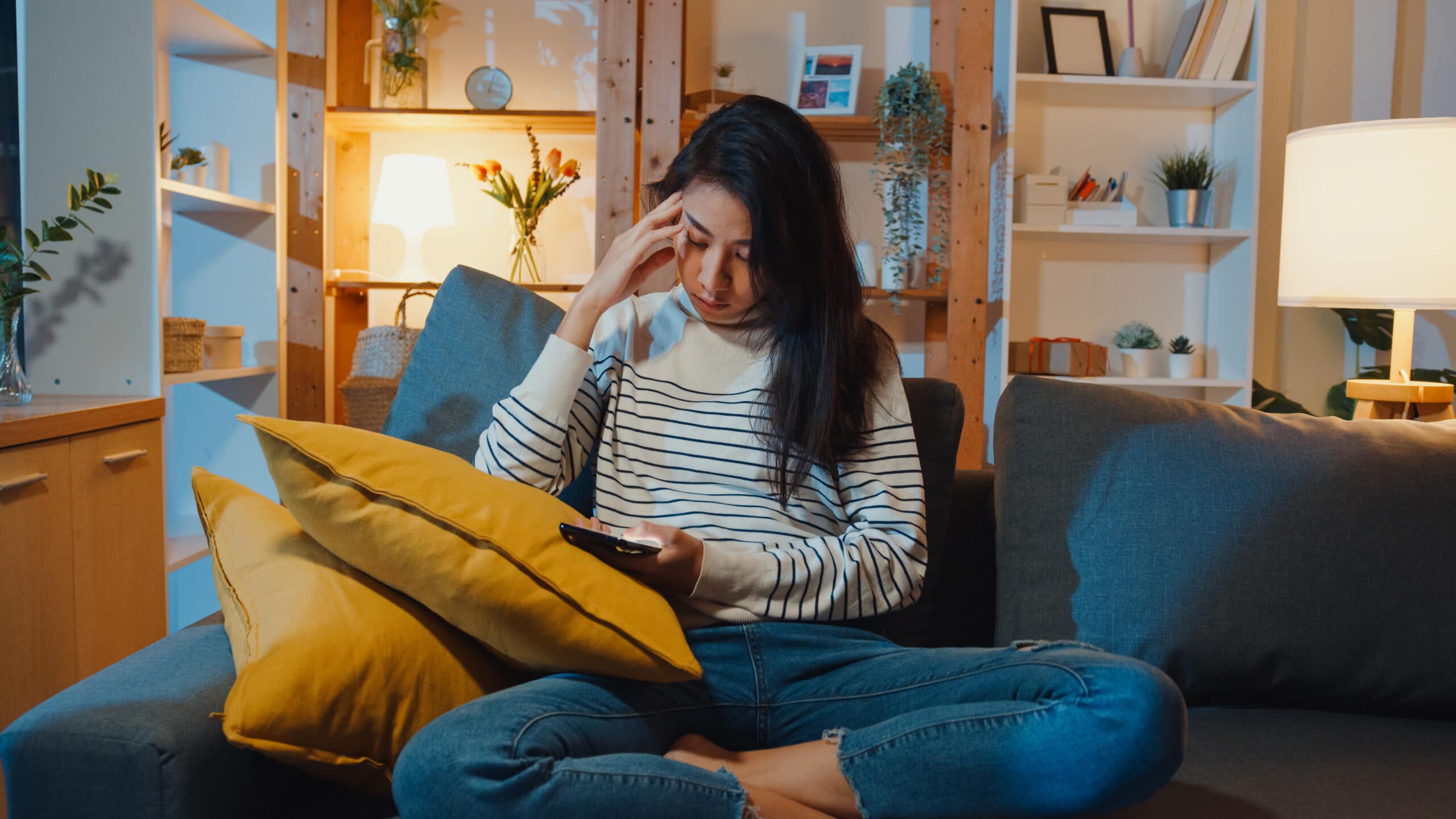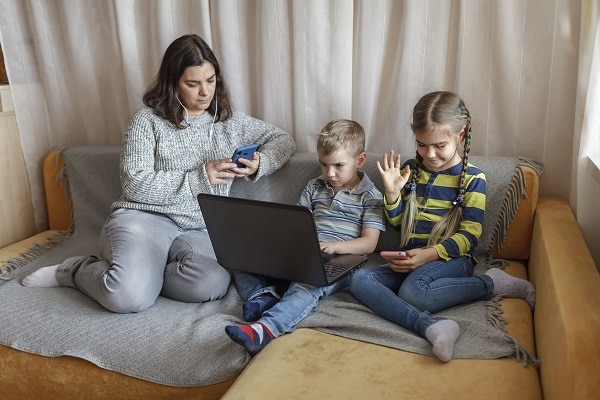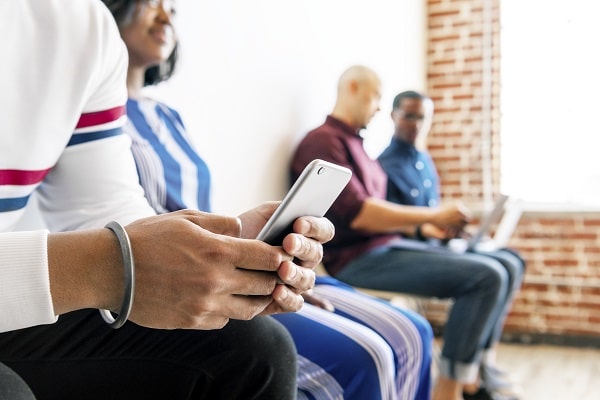It’s no secret that mental health is a hot topic in today’s society. Mental illness has been around for as long as there have been people, but it seems like mental health has become more prevalent over the past few years. This can be attributed to many factors, but social media may play a role because we are constantly bombarded with images of perfect lives and “highlight reels” of other people’s days, which can lead to feeling inadequate or inferior when comparing yourself to them. Here are some ways that social media can affect your mental health.
Contents
It’s Addictive

If you’re not careful, social media can become an addiction. When we scroll through our feeds, it is common to find ourselves in a mental state of “FOMO” – fear of missing out on something. We worry that if we don’t check our feed right now someone else will share the same picture or post and their life will seem better than ours. This almost forces us into a never-ending cycle of scrolling which becomes mental exhaustion because there are so many other distractions happening at the same time (texts coming in, work deadlines looming overhead).
It’s Lonely

Social media can also have the negative effects of isolating people from face-to-face interactions with others and creating feelings of loneliness when comparing themselves to others. You may spend less time actually interacting with people in person as it may seems easier to just talk over social media instead of leaving the house.
It can also be hateful! The internet can be a breeding ground for mental illness when people are exposed to hateful comments and negative self-talk, which is often the case on social media sites. This encourages mental instability because it makes us feel unsafe and potentially lessens our sense of self-worth. It breeds insecurity in ways that nothing else could compare.
Sleep Deprivation

Social media can also cause mental health issues by causing sleep deprivation. It’s estimated that those who spend more than two hours on their phone before bed have a 60% increased risk of getting less than the desired amount of sleep, which can lead to mental instability because one does not need much to be mentally exhausted and stressed-out after an entire day with little or no rest.
It Changes Our Reality

When we go through our feeds, it is common for us to compare ourselves against other people in many ways – whether they are better at something, prettier, smarter, richer. This always leads us into feeling inferior when comparing oneself to others because there is never enough time or room for improvement due to how unrealistic social media makes everything. The things you see others share or even on social media may not be an accurate depiction of their real lives or the way they actually feel.
It’s Emotionally Unhealthy

Social media also has mental health consequences because it can cause emotional instability. This happens when we’re constantly exposing ourselves to other people’s lives and their struggles on social media (even though some of these posts are for attention). Social media is a breeding ground for mental illness due to the lack of privacy which leads many to have “FOMO”.
Which can then lead us into never-ending cycles scrolling through our feeds just in case someone shares something more interesting than what we’ve seen already. It exposes us as being lonely creatures who need constant validation from others by posting pictures that highlight how good life was at this one specific point in time – all with no intention of actually connecting with anyone else.
Communication Issues

Social media can also cause communication issues with others. This is often the case when people are constantly on their phones, glued to social media feeds, and ignoring other activities they should be taking part in (such as paying attention during a conversation). It’s not uncommon for parents who use their phone too much to have difficulty communicating well with children or spouses – leading to feelings of guilt and inadequacy that come from neglecting them just so you can scroll through social media once more.
It Makes Us Want What We Can’t Have

The one thing about society today is that many may never feel satisfied due to how easy it is now to post anything online without thinking twice about what could happen if we share something. Many have mental health consequences because of social media. It can make us feel entitled to getting things that we cannot afford or justify by posting a picture on Instagram, even if this means doing anything to get them.
It’s Distracting

It is also distracting with its constant updates every few seconds and now-popular live videos which are all very hard for the mind to ignore when trying to focus on work. It becomes mentally exhausting, not only from being distracted but also as soon as one starts scrolling through their feed where there is always something more interesting than what was just seen moments ago. Social Media is a never-ending feed so unless you decided to log off you will never hit a good stopping point.
Social Media Affects Everyone Differently

Each person will react differently depending on how they use their time online each day (i.e., how much time you spend scrolling through your feed vs actually posting) as well as what mental illnesses/issues they may already have going into this exposure like anxiety or depression, so it’s important to stay mindful about mental health and mental illness in this digital era.
Conclusion:
Social media often has mental health consequences because it exposes us to unrealistic expectations and standards and mental illness due to its addictive nature. It also affects everyone in a different way so there’s no telling what might happen on social media next – which is why we must stay vigilant about our mental wellness online.


